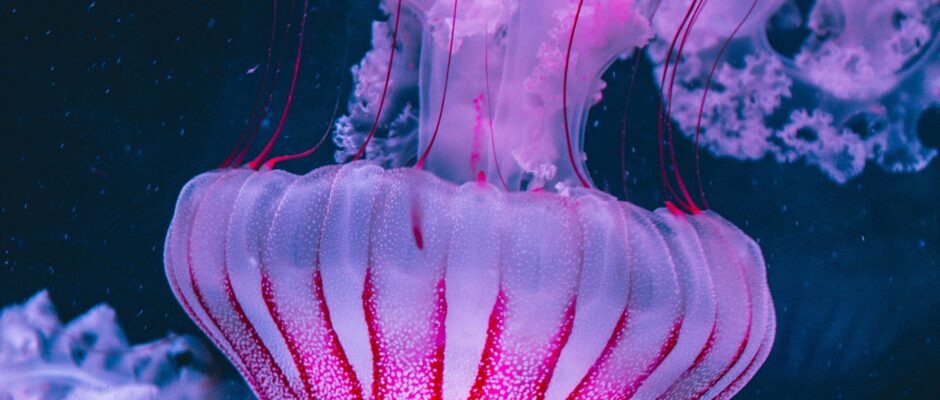Fish Out of Water: Growing Seafood in Labs, a Kochi Lab Leads the Way in India
Imagine enjoying your favorite fish dish without harming the oceans or contributing to overfishing. Sounds too good to be true, right? But thanks to advancements in lab-grown meat technology, this vision might become a reality sooner than you think. In a pioneering initiative, a government lab in Kochi, India, has joined forces with a private company to develop lab-grown fish meat. This project holds immense potential for food security, environmental sustainability, and even revolutionizing the seafood industry in India. What is Lab-Grown Fish? Think of it as fish raised outside the sea. Lab-grown fish meat involves isolating fish cells and nurturing them in a controlled laboratory environment with special media. This eliminates the need for traditional fishing and animal cruelty, while aiming to replicate the taste, texture, and nutritional value of real fish. The Kochi Collaboration: Taking India to the Forefront The ICAR-Central Marine Fisheries Research Institute (CMFRI) in Kochi has partnered with Neat Meatt Biotech, a company specializing in cell culture technology. CMFRI will focus on research, isolating and cultivating cells from high-value fish like pomfret, kingfish, and seerfish. Neat Meatt will contribute their expertise in optimizing growth media, developing scaffolds for cell attachment, and scaling up production using bioreactors. Why Grow Fish in Labs? Overfishing has pushed many fish populations to the brink, posing a threat to marine ecosystems and food security. Lab-grown fish offers a promising solution. It can ease pressure on wild fish stocks, eliminate antibiotics and environmental contaminants from the equation, and provide a clean, sustainable source of seafood. Global Race for Lab-Grown Seafood While large-scale commercial production is still on the horizon, several countries are actively pursuing this technology. Israel leads the pack, followed by Singapore, the United States, and China. Companies like Forsea Foods and Steakholder Foods are making significant strides, showcasing the feasibility of lab-grown fish fillets and eel meat. India Joins the Game: Bridging the Gap Recognizing the potential of this technology, CMFRI and Neat Meatt aim to accelerate India’s involvement in this sector. This collaboration aims to bridge the gap with other leading nations and establish India as a player in the future of sustainable seafood production. Looking Ahead: A Future with Lab-Grown Options? With the support of this Kochi-based project, India might soon join the global race for lab-grown meat. While we wait to see fish fillets grown in labs on supermarket shelves, one thing is certain: this innovative approach holds immense promise for a more sustainable and secure future of seafood. Beyond Fish: A Broader Meat Revolution Lab-grown meat isn’t limited to fish. Companies worldwide are developing lab-grown versions of chicken, pork, lamb, and even beef. This technology has the potential to revolutionize the entire meat industry, offering ethical and sustainable alternatives to traditional meat production. With continued research and investment, the future of food might look very different – and much more sustainable – than it does today. I hope this rewritten article provides a more engaging and human-readable version of the original text, with a clear and catchy title!




